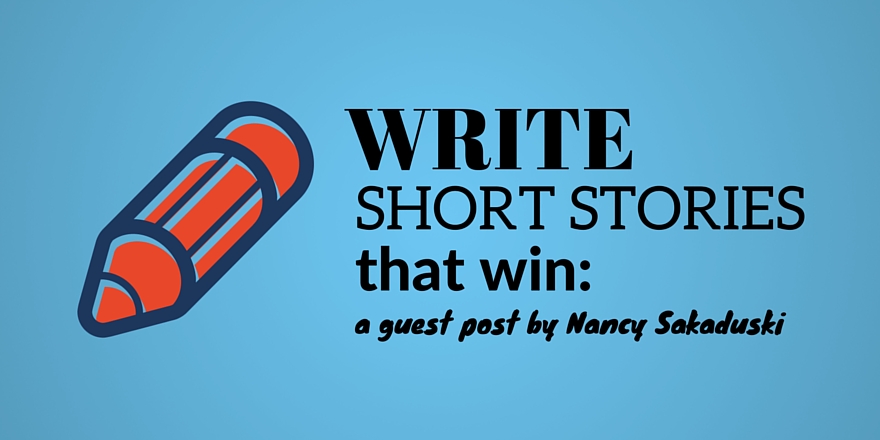Contests and anthologies are a great way to get published, build a bio, and gain experience working with editors and publishers. Here’s how to make your story stand out:
An Intriguing Title
Don’t give the story away (“Morris Saves the Planet”), and don’t wimp out with a generic phrase (“The Planet”). The title should set the tone for the story and be compatible with the style, imagery, and tone of the story yet leave something to the imagination. Consider a line of dialogue, an obscure term or phrase, a twist on a cliché or cultural reference, or a pairing of unrelated words (think rock band). Like the frame of a painting, the title should set your work off to its best advantage, not just package it.
A Great Opening
Craft a fantastic opening line and an attention-grabbing first paragraph. Hook readers as quickly as possible by drawing them in with action, dialogue, and intrigue. Don’t begin with background information; start in the middle of a fight or the discovery of something surprising. Set up the story, the characters, and the setting, but don’t say too much too fast. Create an element of mystery that will keep readers (and judges) reading.
Think Outside the Rules
Read the submission guidelines carefully and follow them exactly. Then, think about how you can break away from the herd. Do the guidelines specify a genre? If not, consider writing a mystery, fantasy, or even a western. Think about an unusual point of view, a different setting, or something else outside the norm. Go beyond the expected.
Go Short
What is the minimum word count? Many submissions will come in near the maximum (writers tend to cram in as much as possible). Why not go small and focused? If it’s an anthology, there may be a little bit of room left, and your short piece could just fit!
Think Deep
Even a light, humorous story can tap into a bigger theme by incorporating a universal truth or moral (“there’s no place like home,” “crime doesn’t pay,” “love is blind”). Just don’t be too obvious. Let elements in the story take on greater meaning as the story progresses, so readers can discover their significance and recognize the message on their own. Theme is often revealed when the characters conflict with each other or when the protagonist faces the central problem or challenge. It’s what the story “is about” at its core.
End With a Bang
A good ending satisfies the reader, is in keeping with the genre and mood, makes sense and is plausible for the characters and the story, and contains a bit of a surprise or a revelation. It doesn’t have to answer every question, but it should satisfy the reader. Ideally, the ending arises naturally from the conflict in the story and often circles back to echo the beginning. The ending is where the publisher or contest judge pushes back in the chair and says “wow.”
 Want more? Check out Nancy’s book How to Write Winning Short Stories: http://amzn.to/1TWJddH!
Want more? Check out Nancy’s book How to Write Winning Short Stories: http://amzn.to/1TWJddH!
Nancy Sakaduski is the award-winning writer and editor who runs the Rehoboth Beach Short Story Contest, which attracts entries from across the United States. She helps writers perfect their short stories and prepare them for publication, and offers writing tips and advice through her blog and newsletters. Learn more: www.catandmousepress.com





